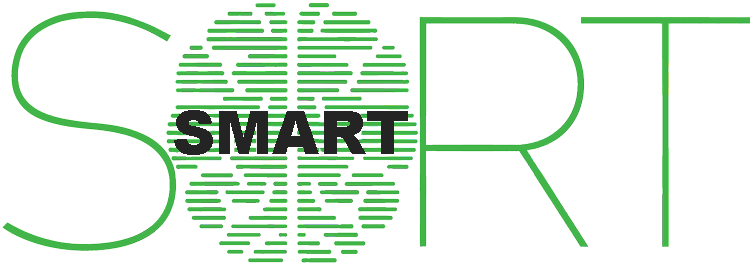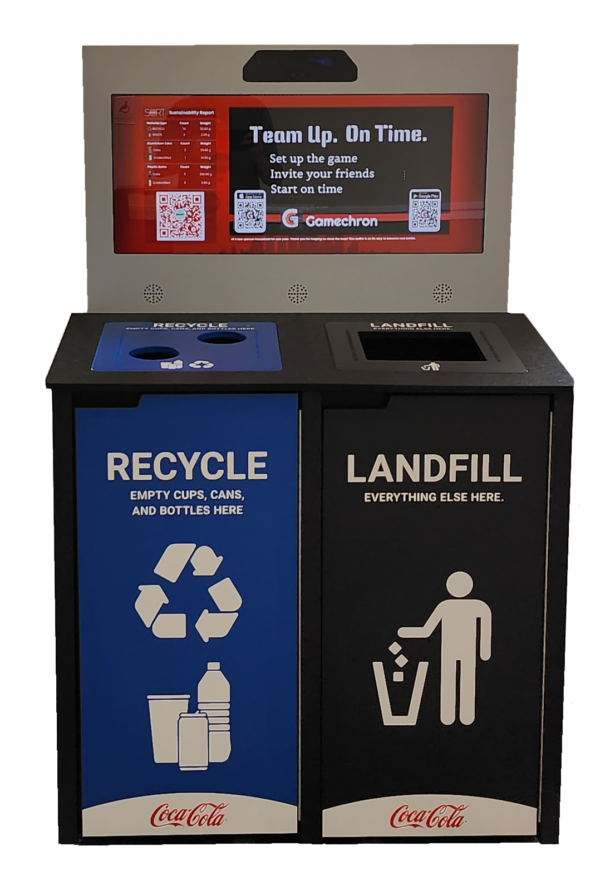Sustainability planning involves developing and implementing strategies that support long-term environmental, social, and economic well-being. It is a critical component of responsible business practices, and an essential step towards building a more sustainable future. However, achieving sustainability requires more than just good intentions. It requires data-driven decision-making that is grounded in accurate and reliable information. In this blog post, we will explore the role of data collection as a key component of sustainability planning.
What is Sustainability Planning?
Sustainability planning involves assessing the environmental, social, and economic impacts of an organization or community, and identifying strategies to minimize negative impacts while maximizing positive ones. This can include reducing greenhouse gas emissions, conserving natural resources, promoting social equity, and fostering economic growth. Effective sustainability planning requires a comprehensive understanding of the current state of the organization or community, as well as its goals for the future.
The Importance of Data Collection
To develop effective sustainability strategies, it is essential to have accurate and reliable data. This requires collecting and analyzing data on a range of metrics, such as energy consumption, waste generation, water usage, and carbon emissions. Without this data, it is difficult to understand the organization’s or community’s current state, identify improvement areas, and track progress towards sustainability goals.
Data collection is also essential for identifying trends and patterns that may be hidden from plain sight. For example, data may reveal that certain operations or practices are responsible for a disproportionate amount of carbon emissions, or that a particular product or service has a negative impact on the environment. Armed with this information, organizations and communities can take targeted action to address these issues.
Data collection can also help to engage stakeholders in the sustainability planning process. By sharing data and progress reports, organizations and communities can foster a sense of transparency and accountability, and build trust with their stakeholders.
Implementing Effective Data Collection Strategies
To collect accurate and reliable data, it is important to implement effective data collection strategies. This may involve installing sensors and meters to track energy and water usage, conducting regular audits of waste generation, or analyzing supply chain data to identify opportunities for improvement. It may also involve developing partnerships with other organizations or communities to share data and best practices.
However, effective data collection is not just about the tools and technologies used. It also requires a culture of data-driven decision-making, where data is valued and used to inform decision-making at all levels of the organization or community.
Data and Sustainability
Data collection is a key component of sustainability planning. It provides the information needed to identify areas for improvement, track progress toward sustainability goals, and engage stakeholders in the process. Organizations and communities can develop and implement effective sustainability strategies that support long-term environmental, social, and economic well-being by implementing effective data collection strategies.




